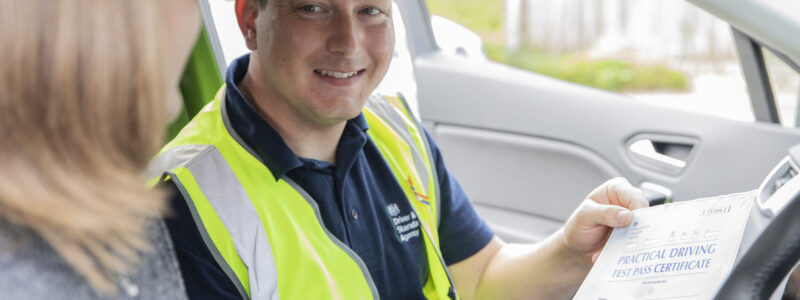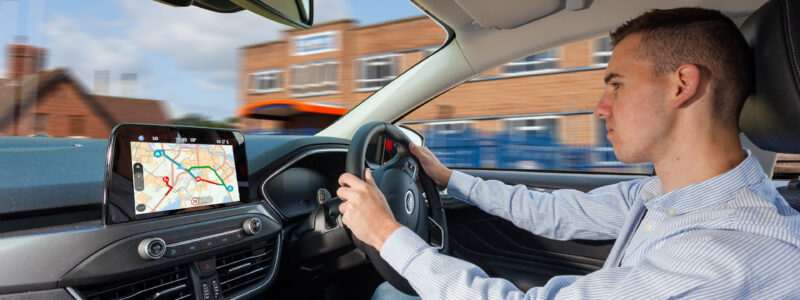Driving test myths
Over the years, many myths about the driving test have developed. We explore some of the most common ones, and what the truth actually is.
Myth 1: Driving examiners have pass quotas

Some people think that driving examiners are only allowed to pass so many people each day or week. And if they’ve used up all their passes, you’ll fail the test.
It’s not true.
Your driving examiner will assess how well you drive during your test. If you drive to the standard required, you’ll pass your driving test – it’s as simple as that.
Myth 2: You automatically fail if you stall

There’s a myth that you’ll automatically fail if you stall the car. It’s not necessarily true. It all depends on the situation and how often you stall.
You’ll fail your driving test if you stall and roll back a considerable distance. You’ll also fail if you repeatedly stall.
But, if you stall just once, and you keep control of the vehicle, you will not automatically fail.
Myth 3: It’s easier to pass your driving test at certain times of day

There’s a common misconception that says it’s better to take your driving test at certain times of the day, as you’re more likely to pass.
The truth is that you’re more likely to pass your driving test if you’ve got plenty of driving experience, you’ve done lots of practice, and you’ve practised ways of managing your nerves.
If you’re properly prepared, it does not matter what time of day you take the test.
Myth 4: You automatically fail if you cross your hands turning the steering wheel

A lot of people believe that you’ll automatically fail the driving test if you cross your hands when turning the steering wheel.
It’s not true.
The driving examiner will assess your ability to control the vehicle, and whether your steering is smooth, safe and under control. They will not mark a fault just because you crossed your hands when turning the steering wheel.
Myth 5: You need to exaggerate moving your head when you check your mirrors

Some people think that you have to exaggerate moving your head to show the examiner that you’re checking your mirrors.
Again, it’s not true.
Driving examiners are trained to make sure you’re making the proper observations. If you’re focusing on exaggerating moving your head, you might forget to pay attention to something more important.
Previous page:
Check you’re ready to pass
You’ll usually be ready to take your driving test when:
1You do not need prompts from your driving instructor.
2You do not make serious or dangerous mistakes when you’re driving.
3You can pass mock driving tests.
4You have practised ways of managing your nerves.
5Your driving instructor agrees you are ready.
Not feeling completely prepared?
Only take your driving test if you’re feeling completely prepared.
You can move your driving test back if you’re not feeling quite ready yet.
It’s free to change your appointment time, as long as you do it at least 10 full working days (Mondays to Saturdays) before your test.